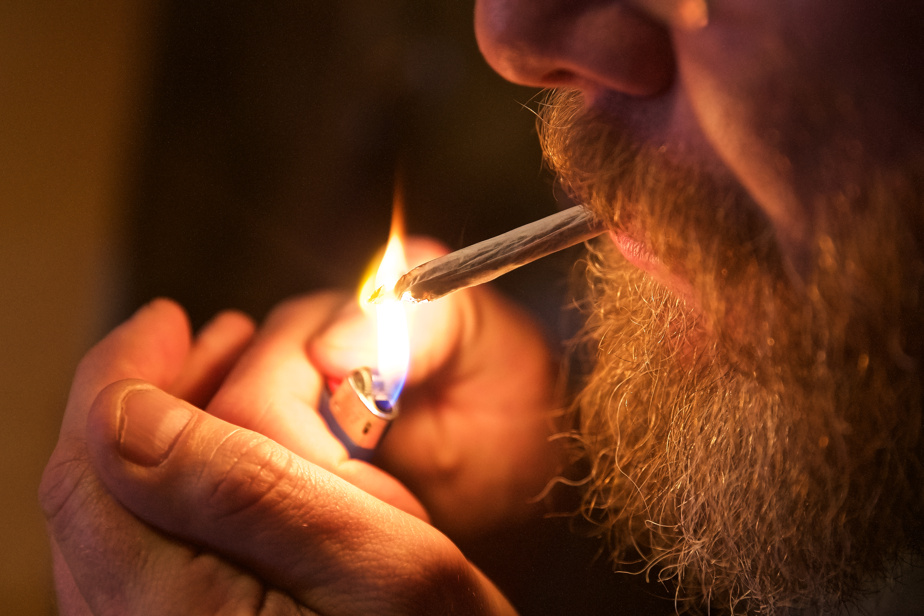The Quebec Institute of Statistics released its annual portrait of cannabis use in the province on Wednesday. In 2022, 19% of Quebecers have used cannabis, i.e. 23% of men and 16% of women. This represents a slight increase of 5 percentage points in the proportion of consumers since 2018, the year of the legalization of cannabis in Quebec. The biggest consumers remain young adults. “The feared and announced apocalypse still does not turn out,” observes Jean-Sébastien Fallu, professor at the University of Montreal and specialist in drug addiction prevention. In addition, cannabis use decreased among 15 to 20 year olds, unlike older age groups who increased their use, especially among those aged 35 and over. According to Jean-Sébastien Fallu, however, these data only represent one indicator among others, and do not indicate, for example, the type of use (recreational, medicinal, etc.). “You also have to see if there are any positive consequences associated with de-stigmatization, diversion, and access to controlled products,” he says.
As we know, vaping is skyrocketing in popularity among teenagers, and it’s not just limited to electronic cigarettes. Among consumers aged 15 to 17, 70% consumed cannabis while vaping in 2022, compared to 44% in 2021. However, cannabis vaping products are not sold legally in Quebec. Yes, their use involves risks, stresses Jean-Sébastien Fallu. Vapes are very discreet and easy to use. “It encourages an increase in the frequency of consumption, which can be habit-forming,” he explains. According to him, the best way to control the sale of these products, which has become a “wild west”, is to legalize it. “We could offer these products with controlled, lower THC levels for young people from the age of 18,” he suggests. The most popular mode of consumption is still smoking cannabis. Across all ages, the proportion who vaped cannabis increased from 19% to 24%.
This was one of the main purposes of the Cannabis Act: to prevent the profits generated by the sale of cannabis from enriching criminals. In 2022, 8% of consumers reported obtaining cannabis from an illegal supplier, a 3% drop from 2021. Around 67% obtained their supply at least once from the Société québécoise du cannabis (SQDC ), while 41% got it from a family member, friend or acquaintance. “These data are going in the right direction,” Fallu said. As for consumption frequencies, they are comparable to those observed in recent years. Nearly 42% of Quebecers who used cannabis during the year used it less than one day per month, about 19% did so occasionally, 24% regularly and 14% daily.
Another encouraging statistic: nearly 80% of Quebecers aged 15 and over say they have seen or heard awareness messages about cannabis in the 12 months preceding the survey. And teenagers are the most likely to report having been exposed to this type of message (91%), followed by 18-20 year olds (88%) and 21-24 year olds (86%). “There is still something positive when we see that young people are exposed to awareness and that two out of three people get their supplies from the SQDC,” concludes Mr. Fallu.

